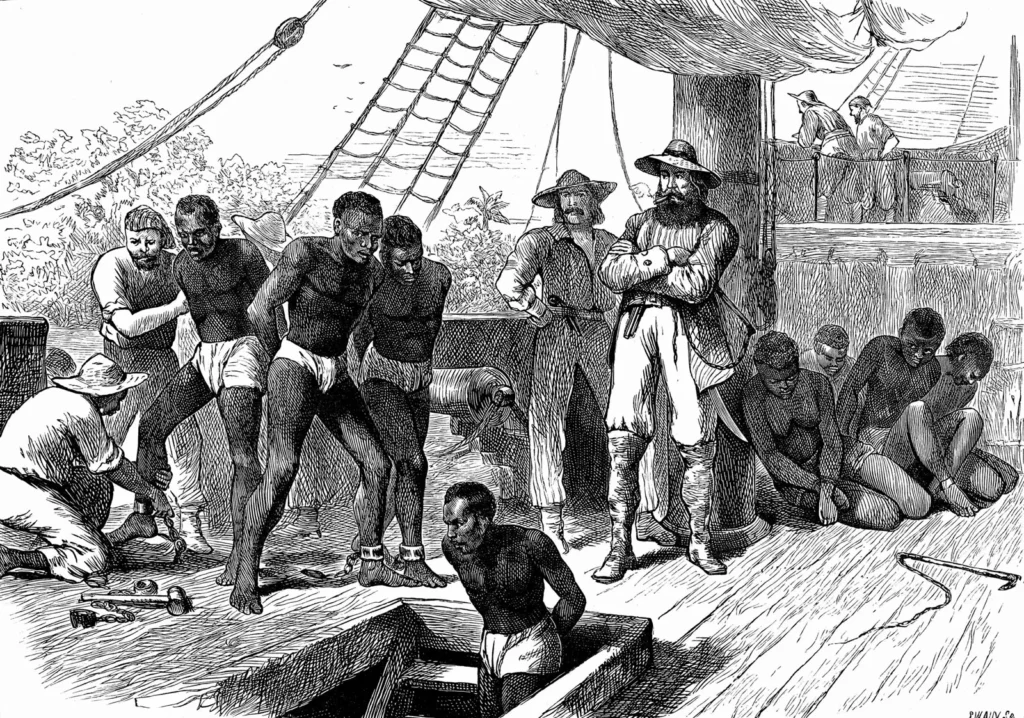
As the world looks back on its history, it is crucial to remember and reflect upon the harrowing chapter of the Transatlantic Slave Trade. This deeply painful and tragic period, spanning centuries, continues to leave an indelible mark on the collective memory of humanity. While acknowledging the atrocities of the past, efforts to educate, heal, and promote unity have gained momentum, reminding us of the importance of never forgetting the lessons of history.
A Dark Past Unveiled
The Transatlantic Slave Trade, also known as the Triangular Trade, was a brutal system that forcibly transported an estimated 12 to 15 million African men, women, and children to the Americas between the 16th and 19th centuries. Enslaved Africans endured unimaginable suffering during the perilous voyage across the Atlantic, and those who survived faced a life of extreme hardship, exploitation, and dehumanization on plantations and in other forms of forced labor.
Education as a Catalyst for Change
Acknowledging the horrors of the past is crucial for creating a more just and equitable world. Many nations, institutions, and organizations are making concerted efforts to educate their populations about the Transatlantic Slave Trade, its impact on African societies, and its long-lasting consequences. By promoting accurate historical narratives and fostering an understanding of the profound injustices that occurred, societies are taking steps toward breaking down ignorance and dismantling the systemic racism that persists today.
Healing and Reconciliation
Facing the painful history of the Transatlantic Slave Trade is not only about education; it’s also about healing and reconciliation. Descendants of those who suffered during this period continue to grapple with the intergenerational trauma it left behind. Initiatives that promote dialogue, understanding, and empathy among different communities are essential for moving forward. Museums, memorials, and commemorative events serve as spaces for remembrance and reflection, fostering unity and encouraging dialogue about the importance of combating all forms of discrimination.
A Call for Global Solidarity
The legacy of the Transatlantic Slave Trade is not confined to any one nation or region; it reverberates across continents. Acknowledging this shared history calls for global solidarity in the fight against racism, discrimination, and inequality. International cooperation can help promote social justice and create a world where all individuals are treated with dignity and respect, regardless of their race or origin.
Continuing the Conversation
As the world remembers the Transatlantic Slave Trade, it’s imperative to continue the conversation and push for meaningful change. Beyond recognition and education, societies must work to dismantle the structural inequalities that persist and perpetuate the legacy of slavery. By confronting the past and actively shaping a more inclusive future, we honor the memory of those who suffered and create a world where such atrocities are never repeated.
Remembering the Transatlantic Slave Trade is a solemn duty, not only to honor the memory of its victims but also to forge a path toward justice, equality, and unity for generations to come.
